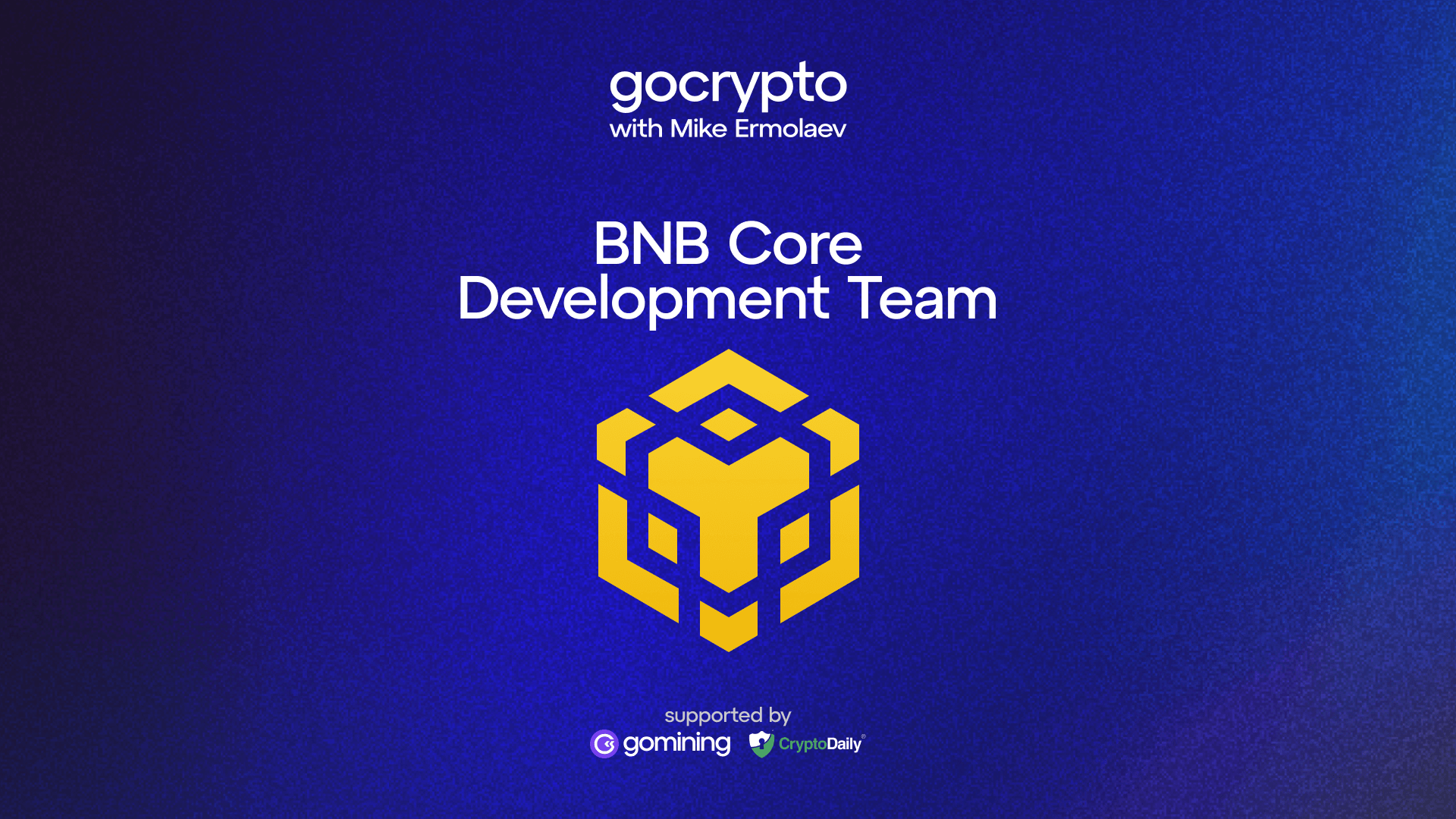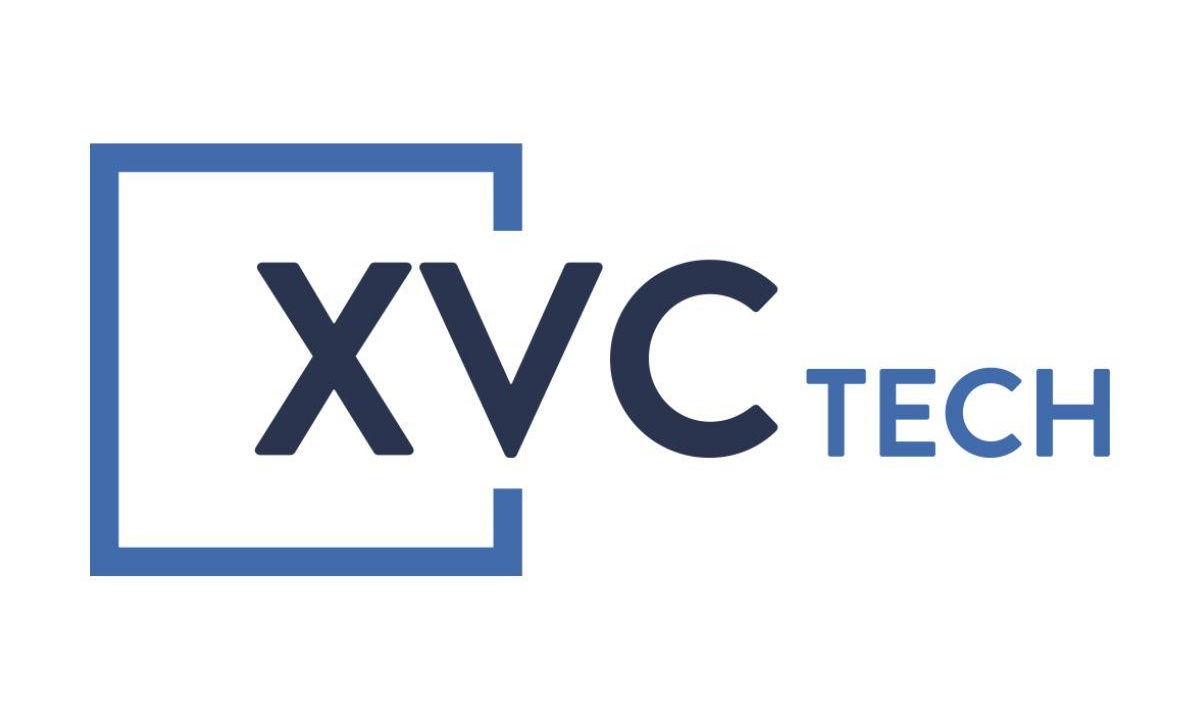Table of Contents
- A Problematic Amendment
- Guidelines Still Under Review
- Reassessing Existing Partnerships
- Increasing Regulatory Scrutiny
- Smaller Exchanges Left In The Lurch
South Korean banks have asked the financial authorities not to hold them accountable for money laundering or fraud involving digital currency. The request comes when banks are under pressure to screen digital exchanges amidst high volatility.
A Problematic Amendment
Banks in South Korea have been reluctant to issue real-name accounts for cryptocurrency exchanges’ virtual asset customers. However, a recent amendment to the Act on Reporting and Using Specified Financial Transaction Information makes it mandatory for exchanges to find banks that are willing to partner with them to issue accounts. This amendment would make banks responsible for screening exchanges and assess risks and transparency.
Guidelines Still Under Review
The Financial Services Commission is still reviewing specific guidelines that could offer some relief to the banks by lifting part of the burden from banks. The guidelines will be in the form of “no-action letters,” no-action letters are letters written by government officials that state that they will “not recommend” legal action against the entities. The decision is expected to be finalized only by the end of next month.
The issuance of accounts has been in limbo due to these concerns, with the September deadline fast approaching. Failure to comply and partner with local banks will lead to exchanges being banned from withdrawing money for cryptocurrency trading.
Reassessing Existing Partnerships
Against this backdrop, South Korean banks are reassessing their partnerships with domestic cryptocurrency exchanges and whether they will continue their currency contracts with them. Presently, only the Big 4 exchanges, namely, Upbit, Bithumb, Coinone, and Korbit, partner with domestic banks.
According to South Korea’s FTRA (Financial Transactions Reports Act), cryptocurrency exchanges have to register with financial authorities latest by the 24th of September, 2021. To have their registration approved by the Financial Intelligence Unit, cryptocurrency exchanges need to have an official partnership with a commercial South Korean bank.
This has brought added scrutiny on banks, making them reassess their partnerships with cryptocurrency exchanges. Banks tied with the Big 4 cryptocurrency exchanges will be evaluating their money-laundering risks.
Increasing Regulatory Scrutiny
The Korea Federation of Banks (KFB) has released a set of guidelines that domestic banks have to follow while evaluating cryptocurrency exchanges. The guidelines focus on security protocols, vulnerability to hacking, customer databases, and standards followed when listing tokens. Insiders assume the Big 4 exchanges will survive the regulatory onslaught; however, there is a bit of uneasiness.
The largest cryptocurrency exchange by volume, Upbit, has already delisted 24 tokens and has removed fiat on-ramps for five more tokens. This is generally being viewed as an attempt to remove any risk when its assessment comes up. There is also speculation about the impact of the ongoing fraud investigation on one of Bithumb’s major shareholders.
Smaller Exchanges Left In The Lurch
The Big 4 exchanges of South Korea don’t have to worry too much compared to the smaller exchanges. No South Korean banks have declared an interest in partnering with an exchange outside the Big 4. Leaders of smaller exchanges are now scrambling to ensure partnerships and imploring the FSC to nudge banks to negotiate.
Disclaimer: This article is provided for informational purposes only. It is not offered or intended to be used as legal, tax, investment, financial, or other advice.
Investment Disclaimer













